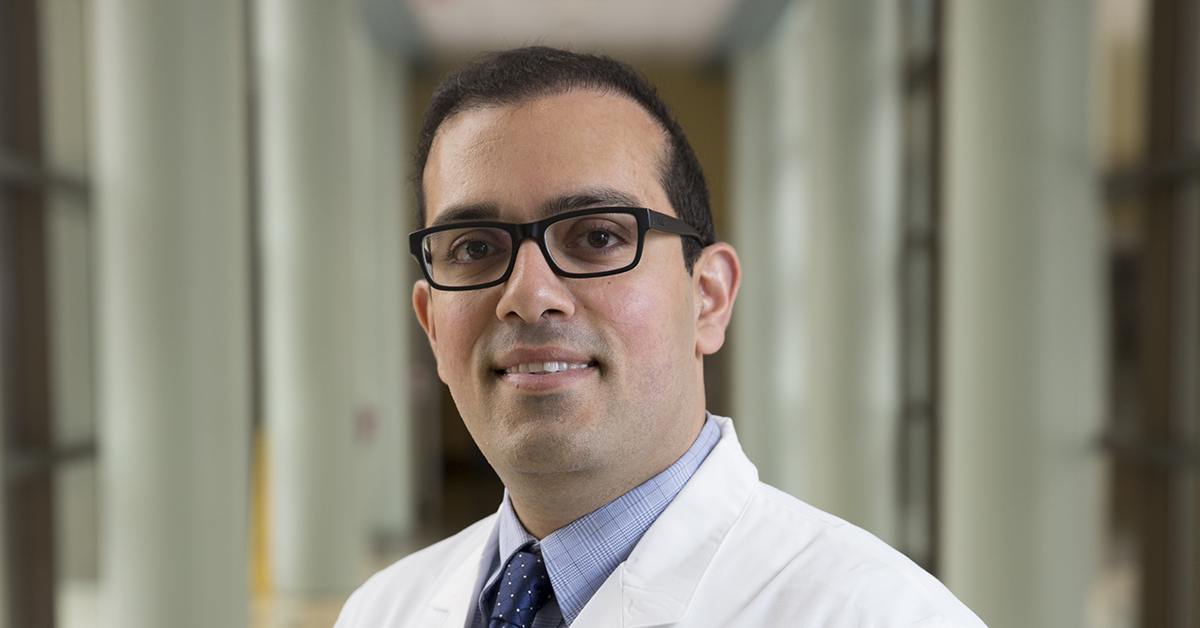
A soft breeze ruffling your hair, trees turning into a wonderful display of yellows and oranges, spooky decorations popping up all around you. It’s fall, and Halloween is just around the corner! Since old habits die hard, this is a direct signal to our minds that kids and parents alike will consume an ample supply of sugar and candy over the course of a few days. Fast-forward a few weeks later and we all hail the Thanksgiving and Christmas season along with all the delicious pies, creamy sauces and filling turkeys! A weekend out with friends is almost always dinner and drinks while the average weeknights can be microwavable meals in front of the TV.
We have changed from a society that eats home cooked meals and walks around as the mean mode of transportation, to a society with an almost daily routine of fast food. Whether it is prepped in a couple of minutes at home or eaten in a hurry at the restaurants sprouting all around us, the waistlines of Americans are expanding at an alarming rate, and we cannot turn a blind eye to the increasing rate of obesity significantly impacting numerous lives.
Why is it important to identify and fight obesity as soon as possible? Obesity is linked to multiple health problems, including, but not limited to, increased overall mortality, diabetes, high blood pressure, sleep apnea, joint pain, infertility, cardiovascular disease, a rise in the incidence of certain cancers like breast, endometrial and colon cancer and a generally poorer quality of life.
In an attempt to come up with a fair and unbiased way to define and recognize obesity, the term “Body Mass Index (BMI)” was introduced. BMI is a person’s weight in kilograms divided by the square of height in meters. Results ranging between 25-29.9 are considered overweight and numbers exceeding 30 indicate obesity. The BMI alone may be misleading in cases of excess lean body musculature instead of fat, so the evaluation must be completed with a dietary history, a hormonal lab panel andother tests.
Now, the good news is once the brain manages to realize the problem and a person makes a conscious decision to fight back, the armamentarium of weapons has greatly increased. For constantly busy people on the go, lean cuisine options are starting to make a timid appearance on shelves and fridges. Most parks have a track for cardioworkout in case you would rather exercise while enjoying the beautiful weather than go to a closed gym with all the fancy equipment and fitness toys. But what if you feel that you are way past all that and that you have tried time and time again to lose weight through diet and exercise alone only to find yourself discouraged after minimalchange?
This is where we can turn towards the fanciest new weapon in our arsenal, the surgical weight loss. Bariatric surgeries, fashionably and rightly termed weight loss surgeries, are the last resort of hope for those who truly want to take control of their lives and need an extra push to set them on the right track. Bariatric surgery can cure many comorbidities of obesity such as diabetes, hypertension and joint pain as well as reduce cardiovascular disease risk factors. Indication for Bariatric surgery is BMI of 35 with comorbidities of obesity or BMI of 40 by itself.
Obesity is the disease that has taken the world by storm and fighting back takes all of one’swill power. There is no magic cure, magic pill or magic surgery that could make that happen. It all starts from the brain when we decide to take control of our lives again, one step at a time.Don’t eat less, eat smart! Don’t spend two hours in the gym starting January and stop after your best friend’s wedding is over. Setreasonable,achievable goals and experience the satisfaction and joy of reaching them over and over again.
Amir Aryaie, M.D., is an assistant professor of surgery at the Texas Tech University Health Sciences Center School of Medicine, a surgeon at Texas Tech Physicians and the director of Bariatric and Metabolic Surgery.
